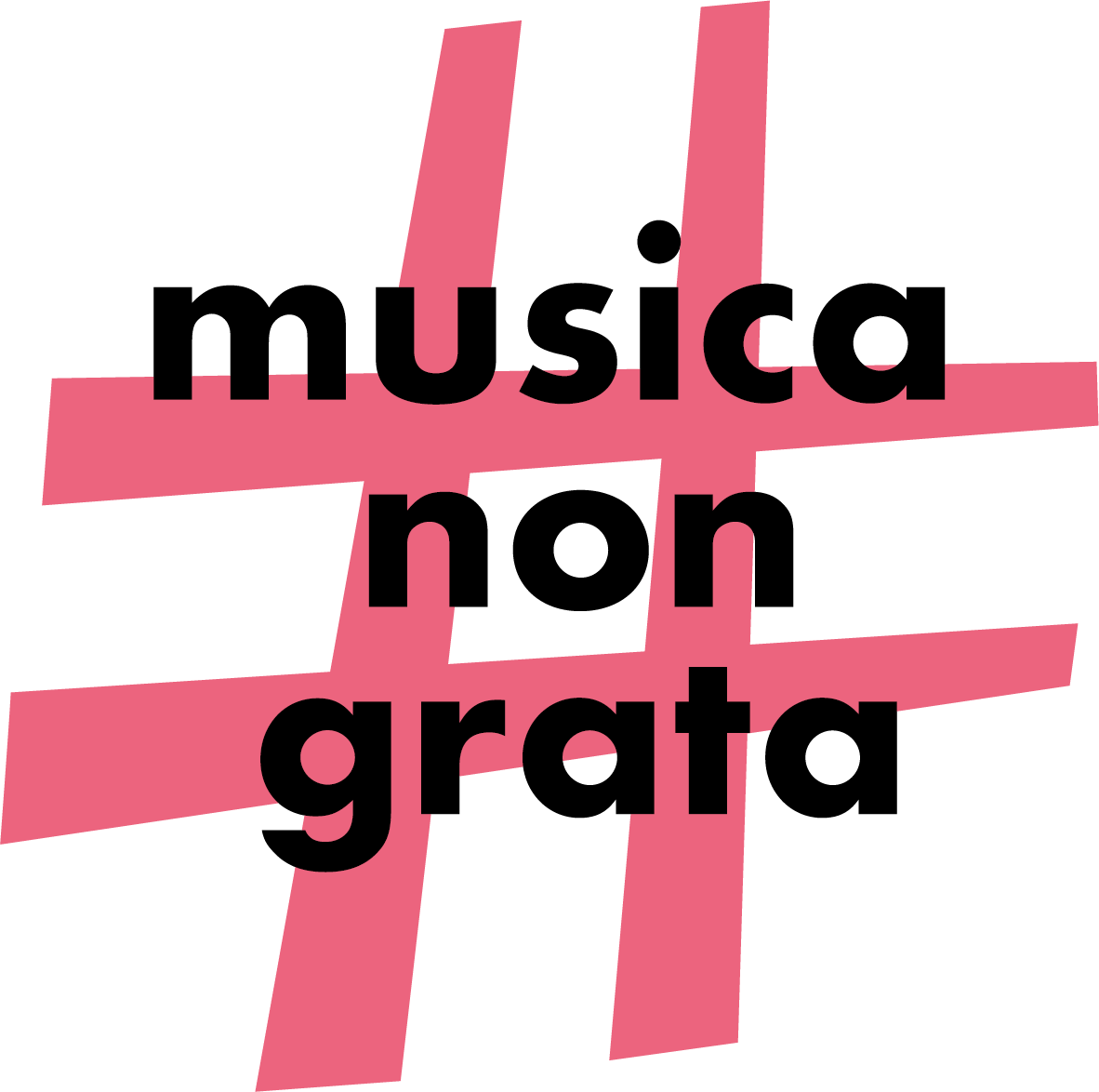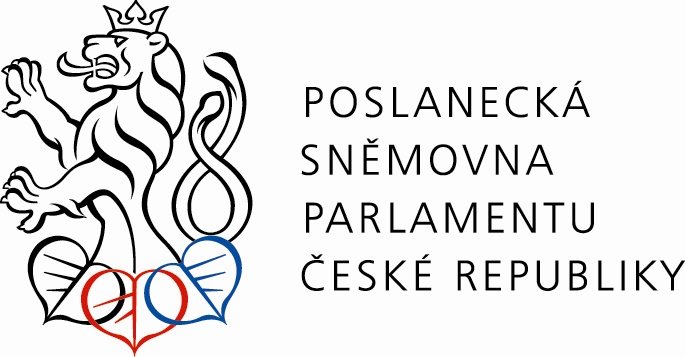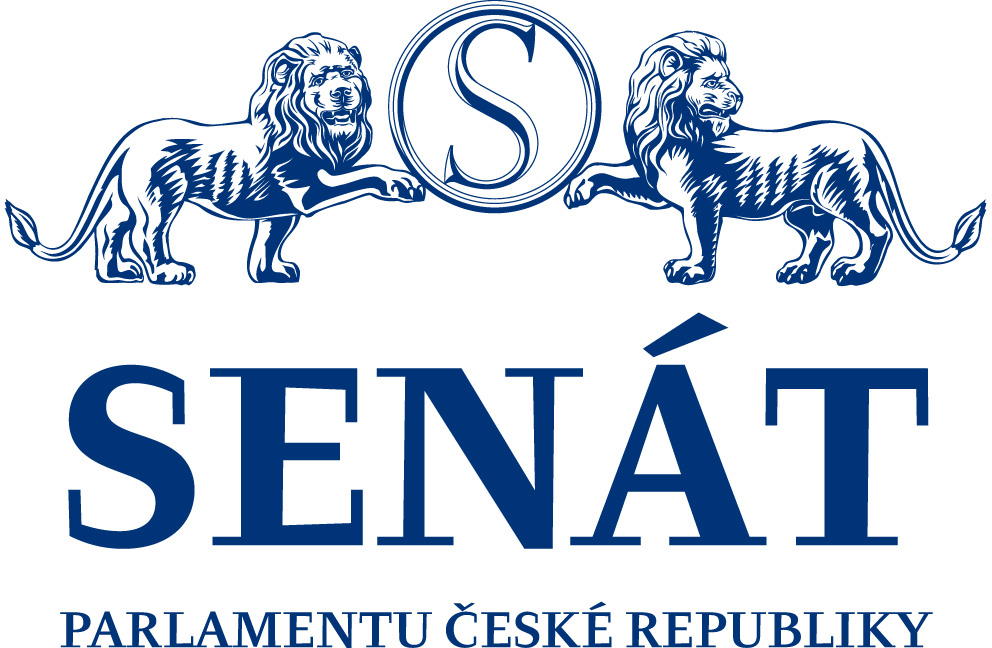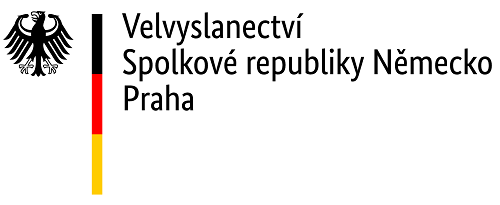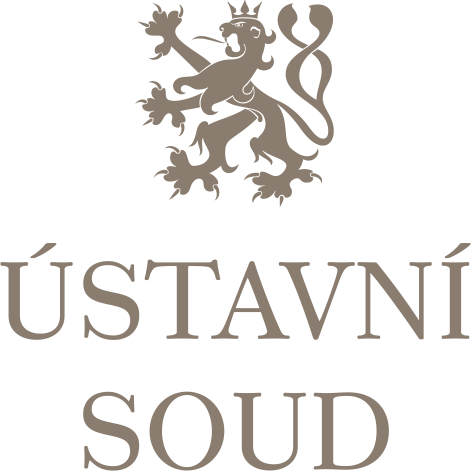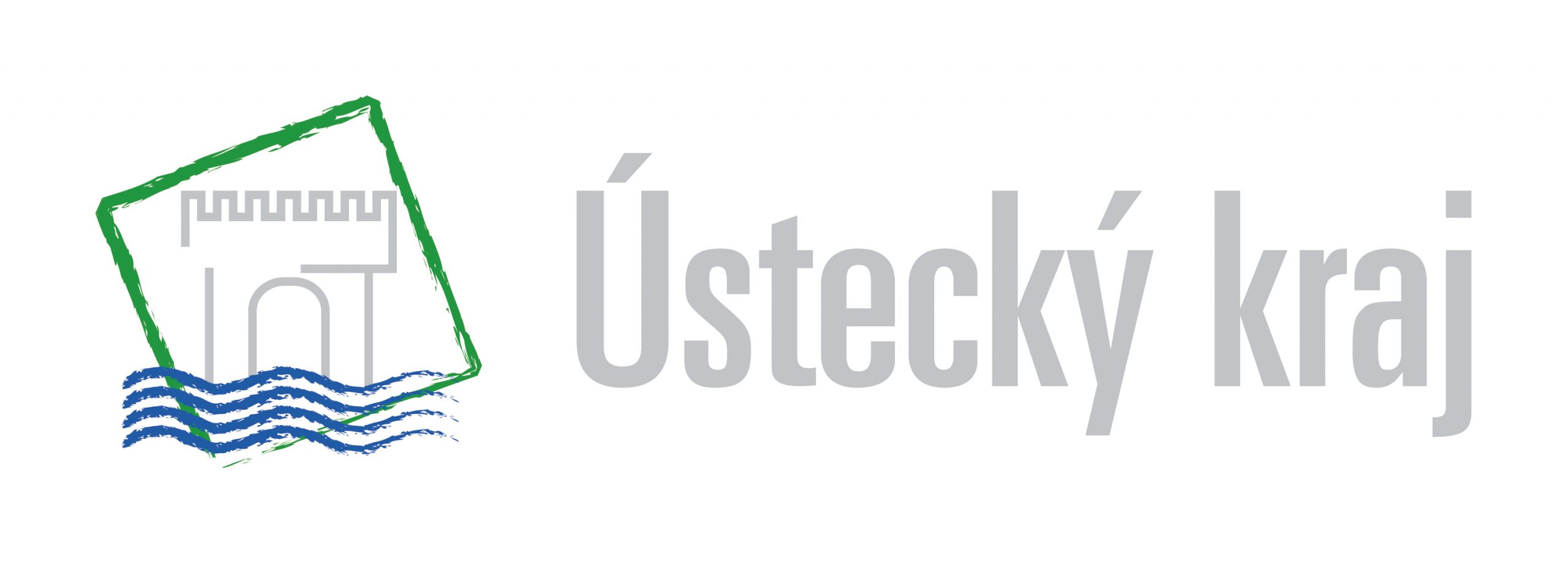26. 11. 2023, 19:30
Kostel sv. Vavřince pod Petřínem (Hellichova 18, Praha 1)
Antonín Dvořák
In the National Tone, Op. 73, B146 (arrangement for double bass and piano)
Good night, my dear
The girl reaped, she reaped the grass
Oh no, she's not here
Hey, I've got a horse faku
Indi Stivin
Fantasia HAAS (world premiere)
Antonín Dvořák
Sonatina for Violin and Piano in G major, Op. 100, B 183 (arrangement for double bass and piano)
Allegro risoluto
Larghetto
Scherzo.Molto vivace
Finale. Allegro
break
Indi Stivin
Suite Bohemia for double bass and piano
The Celts
Czech country
Tarantella Prague
1938
Slavs
Adaptations of compositions for other casts than those originally intended by the composer cannot be considered to be frivolous, nor are they theft of an idea or plagiarism. On the contrary. Many composers have made such adaptations themselves in order to promote their work, and many works of world literature have become well-known mainly through rewritings, paraphrases and transcriptions. The adaptations contained in the first half of the programme are the work of double bassist Indi Stivín, who used them to enrich the solo repertoire for his instrument.
Antonín Dvořák (1841-1904) was already inspired by folk poetry in his first vocal cycles; his Moravian Double Songs and Choruses heralded the successful so-called "Slavonic" phase of the composer's work. The cycle In the National Tone, Op. 73, was initiated by Dvořák's Berlin publisher Fritz Simrock, who sought to exploit the success of the composer's Slavic "exoticism" commercially. Simrock waited quite a long time for the promise to be fulfilled; the composer reportedly could not find suitable texts for a long time. The cycle was completed in mid-September 1886, and on 14 November of the same year two of the songs were performed at a concert for the benefit of the National Theatre Orchestra's pension society by the Lvov native Tereza Arklova, presumably with the composer's accompaniment. It is not known when the cycle was first performed as a set. The minor songs are evidence of Dvořák's stylistic mastery, which preserves the poetics of folk inspiration. Dvořák's melodiousness and the singing quality of the double bass are well compatible in the form of 'songs without words'.
Indi Stivín himself says of his composition, Suite Bohemia: "It is a view of our country through my eyes in the context of the whole of the centuries. The first part, 'Celts', takes us back to the time when our culture was created, which to this day remains a bit of a mystery to us. I present the life of the Celts in our territory raw but pure, with a clear, almost straightforward melody. The second part, 'Czech Land', takes us to a familiar setting. It is about the kindly friendly landscape, about forests and meadows, about our home. But a dramatic place also appears in this sunny movement. The third movement 'Tarantella Praga' is a downright cheerful piece that I wrote especially for the Eurovision Young Musicians Competition 2018. It's about student life, full of fun and joy. The fourth part '1938' is the opposite of the third part. As its title suggests, we are transported to one of the saddest years of our history, which preceded the most tragic events of all humanity. In this sentence, however, the tragedy does not fully erupt. This part of the suite expresses a cry for help, betrayal and sorrow. I wrote the last movement 'Slavs' in a somewhat combative spirit. After the previous parts, in this movement I send the people the energy that is so needed in defending a small country that hides thousands of treasures. It is about alliance, strength and determination, about faith and brotherhood. But the greatest value of this section remains the freedom worth living for." The piece is for double bass and orchestra and Indi Stivín performed it at the Edinburgh International Festival on the occasion of his participation in the Eurovision Young Musicians of the Year 2018 competition, accompanied by the BBC Scottish Symphony Orchestra, the concert was broadcast by radio and television stations (in our country by CT Art). In this case, too, it is a chamber arrangement.
The composition Fantasie Haas was written directly for the festival Eternal Hope and will be premiered by Stivín. It is a tribute to the composer Pavel Haas, who died in Auschwitz in 1944.
Indi Stivín - double bass
Indi Stivín is a solo double bassist, conductor and composer. Born in Prague, he comes from a family of musicians. Since early childhood he has played piano and violin. At the Prague Conservatory he studied violin with Prof. Jaroslav Foltýn. He fell in love with the double bass for its dark, deep sound and graduated from the Academy of Performing Arts under Prof. Jiří Hudec. He attended master classes with the world's leading double bassists, and studied solo with the American double bassist Gary Karr. At the age of fifteen he won the International Performance Competition in Markneukirchen, Germany (2017), and a year later he made his debut at the Prague Spring International Music Festival with a solo recital. He was the only double bassist to reach the final of the 2018 Eurovision Song Contest in the UK. He has performed as a soloist with a number of domestic orchestras. He has also been conducting since 2022. In 2019, he founded the chamber orchestra Collegium Stivinum, where he serves as chief conductor and resident soloist.
Alice Springs - piano
Alice Springs studied piano at the Prague Conservatory. During her studies she also started to sing. Between 1995 and 2008, she devoted herself to songwriting and released albums on PolyGram, Universal Music and Sony Music, for which she won numerous awards. After the release of the CD "Piano Album", she followed a path that led her to classical music. She currently performs with her own jazz formation and also accompanies classical soloists. She has participated in numerous performance competitions in the Czech Republic and abroad. For her piano collaboration she won the jury prize at the International Performance Competition in Markneukirchen, Germany, and at the International Competition "Pro Bohemia" in Ostrava.
